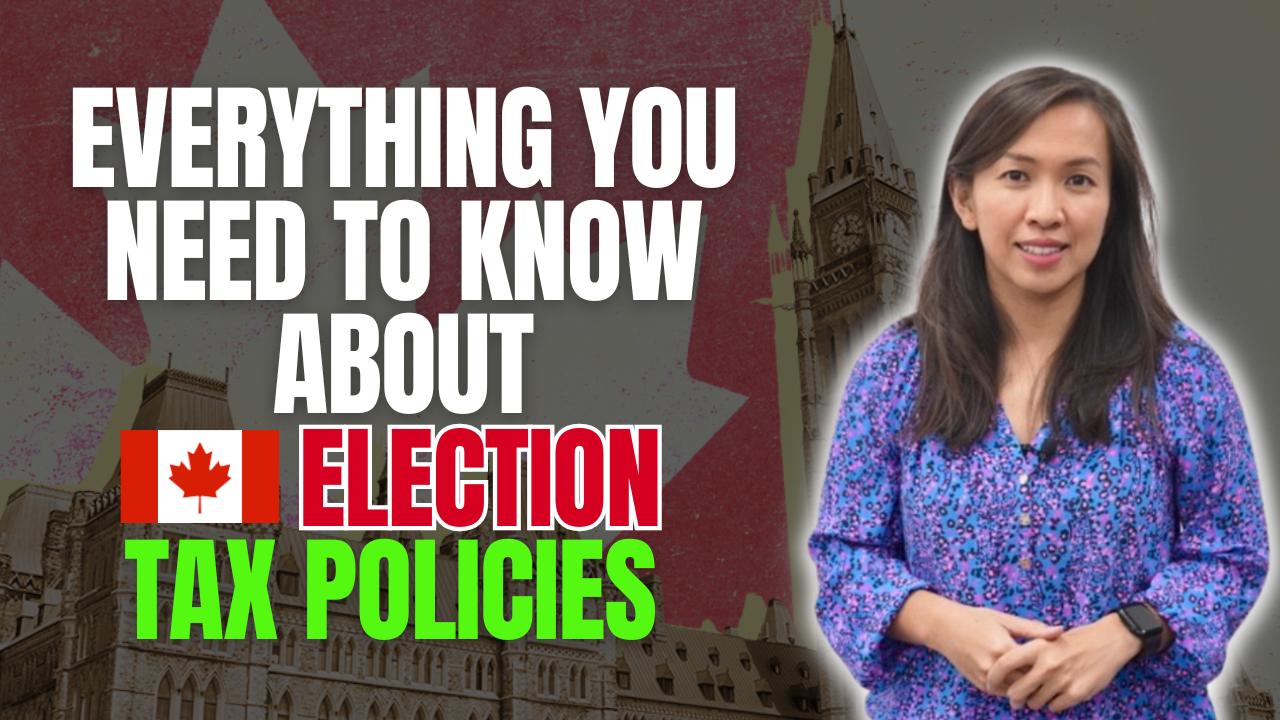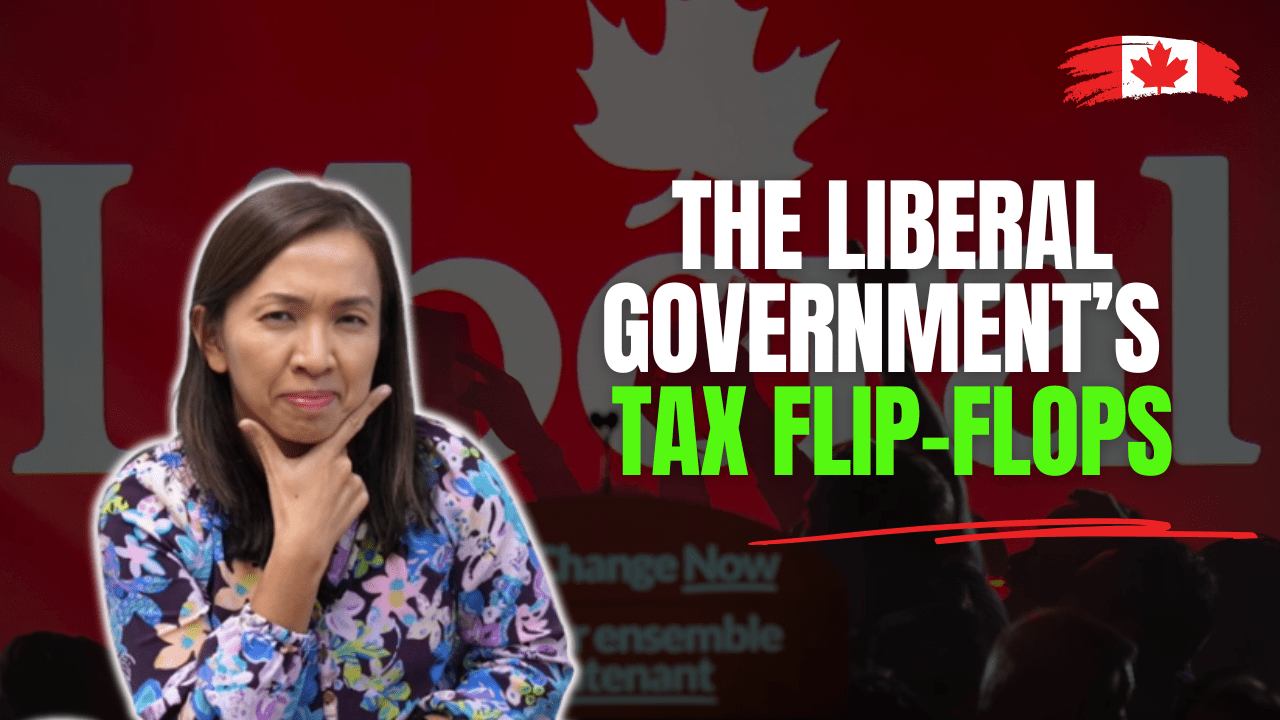The Income Tax Act allows you to deduct a reasonable amount of expenses you incur for the purpose of earning business income or property income, subject to exceptions.
Automobile expenses are one of the expenses that you can deduct when you use your vehicle for the purpose of running your business and managing your properties.
You can also deduct automobile expenses if you use your vehicle for earning employment income with certain restrictions applicable.
Many clients ask me how to deduct auto expenses the right way so that they can audit proof the CRA deduction.
Here’s the type of automobile expenses that you can deduct:
- Charging cost/Gas cost
- Maintenance
- Insurance
- License & registration
- Others, such as CAA membership, 407ETR
- Leasing cost
- Capital cost allowance
- Interest on financing
Most importantly, you are required to keep an Auto log as well. In your auto log, you will have to keep information such as:
- Date
- Destination
- Purpose
- # of KM driven for the trip
- Odometer reading at fiscal year-end date (for most taxpayers, this is December 31)
At the end of the fiscal year, you sum up the mileage incurred on business trips, divide that by the KM driven for the particular vehicle in that year. You now have the business use % of the vehicle.
For a specific example on how to calculate your automobile expense deduction, please watch the example in this following Youtube video:
There are a few commonly asked questions that we get working with our clients –
- What if I am employed, can I still be able to deduct vehicle expenses?
- You must be required by your employment contract specifying that the employers require you to drive your own vehicles for employment purpose.
- Vehicle deductions are tracked and calculated similar to those who are using their vehicles for small business or rental business.
- Reimbursements by employers must be used to offset against the deduction you get.
- Some reimbursements are already included as part of your T4 and may not be required to be offset against your auto deduction. Be sure to check with your employer.
- Can you deduct your automobile expenses based on the mileage allowance as specified on CRA’s website?
- Currently CRA allows employers to reimburse their employees for the use of their personal vehicles for employment purpose.
- The automobile allowance as of 2022 is 61 cents for the first 5,000km and 55 cents thereafter.
- If an employer reimburses his employees with this specific amount, the reimbursement amount is considered to be reasonable.
- A reasonable amount means that the employer can deduct the expense as business expense and the employee does not have to report it as taxable benefits.
- The question is – if you are a sole proprietor, or if you run your rental portfolio in your personal name, can you use this same methodology to calculate your automobile deduction?
- If you run your business in your corporation, you can simply take the mileage you have incurred for the business for the year (you can get that from your log book), then multiply that by 61 cents for the first 5,000km and 55 cents for anything above and beyond.
- If you own your rentals or run your business as a sole proprietor, currently, CRA’s form for automobile deduction is the same as what we presented earlier.
- This means that you would have to keep track of all of your gas receipts, insurance, maintenance record, etc. and use the same method as I illustrated in the video.
- If you use your vehicle for multiple purposes, running multiple businesses, rental portfolio and employment purpose, how would you deduct your vehicle expense?
- The key is your auto-log.When you track your auto mileage, you specify the purpose of each trip.If you are taking the trip for business purpose, document as such.If you are taking another trip for managing a rental business, document as such.At the end of the year, sum up the mileage for a different purpose.Prorate them based on the different purposes.
- Multiply the percentage against the total auto expenses for each purpose
Hopefully, this gives you some pointers on how to document your expenses.
Until next time, happy Canadian Real Estate Investing.
Cherry Chan, CPA, CA
Your Real Estate Accountant





